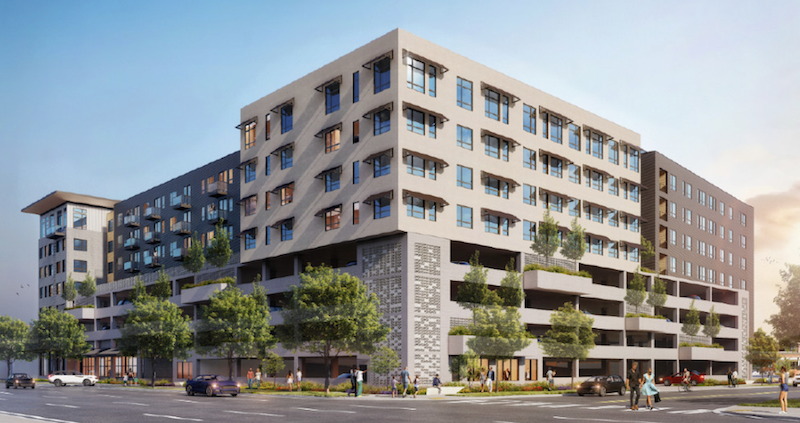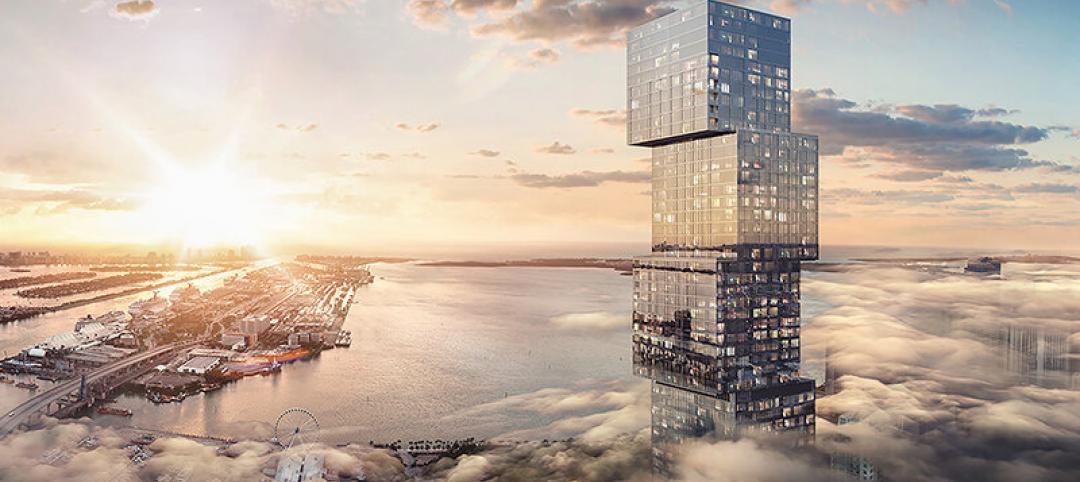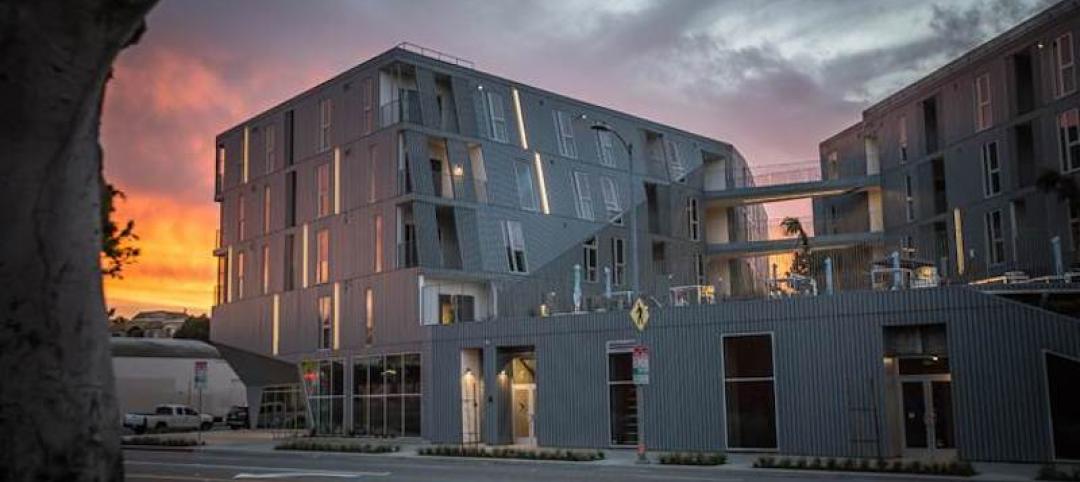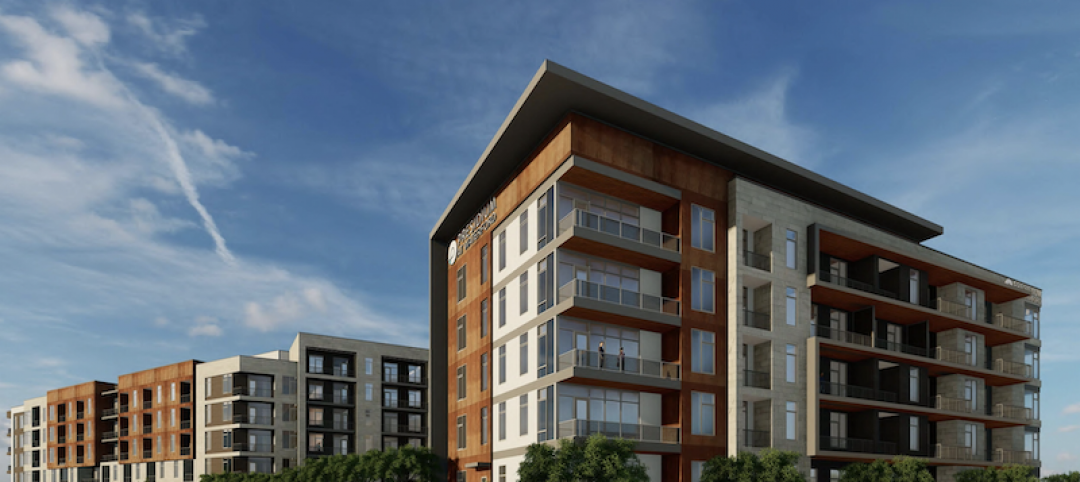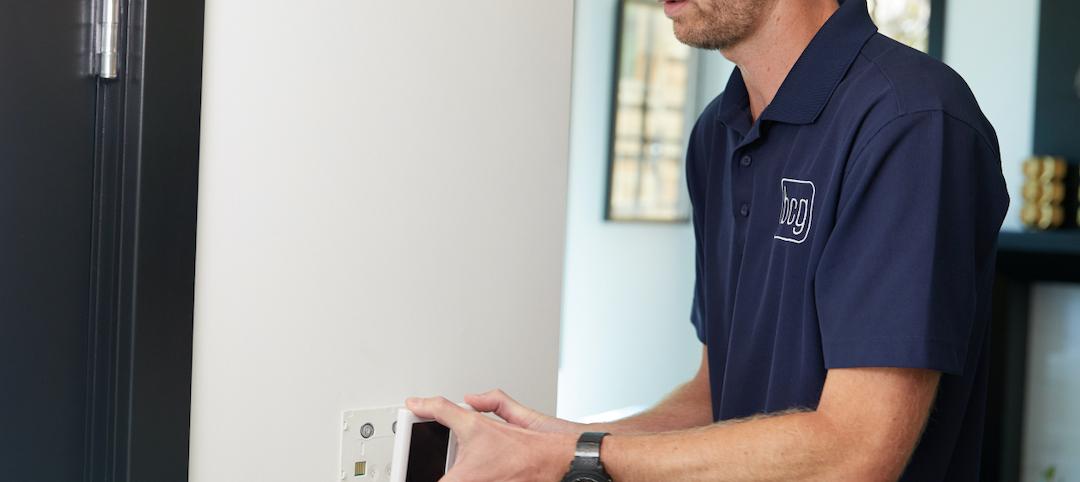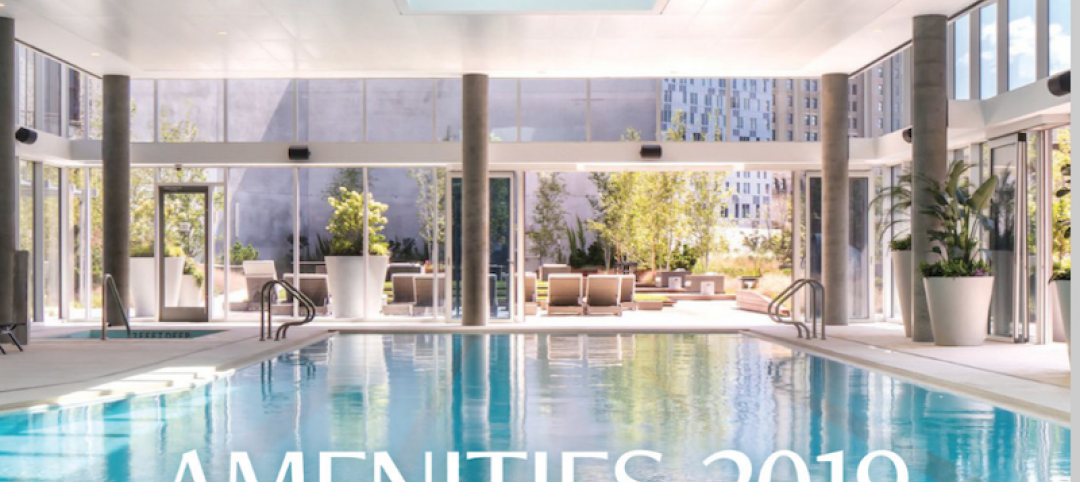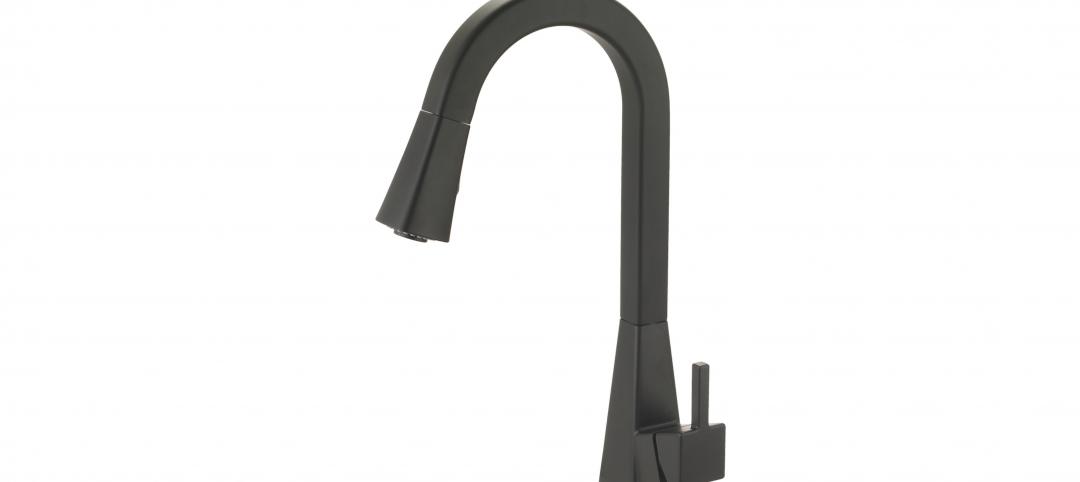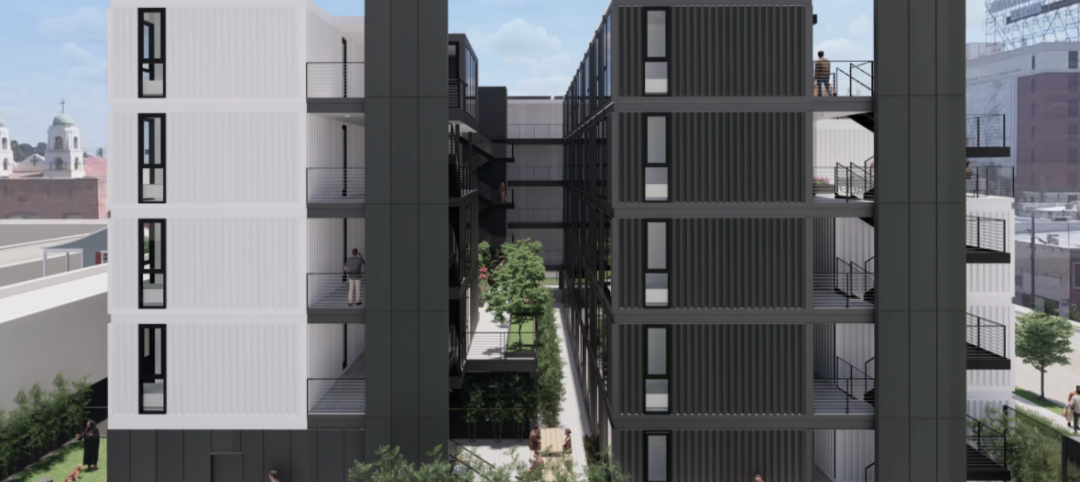Having weathered the coronavirus pandemic somewhat better than the single-family home construction sector, new supply of multifamily housing delivered in 2021 is expected to increase by around 17% to 334,000 units, according to Yardi Matrix’s latest U.S. Outlook.
“Some 174,000 units were absorbed nationally through May, which puts 2021 on track to be among the hottest years since the 2008 recession,” states the report.
As of mid-year, some 863,500 multifamily units were under construction, representing 6% of the existing U.S. stock. That’s good and bad news, suggests Yardi Matrix, because such a large number of projects could impede the overall rent recovery in so-called “gateway” markets like Miami, whose forecasted deliveries are projected to equal 3.7% of its existing stock; Boston (3.6% of existing stock), San Francisco (3.3%), Los Angeles (2.6%), Washington D.C. (2.3%), New York (1.8%) and Chicago (1.3%).
“These new projects might have a difficult time leasing up, as there is already much supply in these metros with limited new demand, especially in the Lifestyle segment,” states the report.
The leaders in multifamily completions over the past 12 months include Austin (4.4% of total stock), Charlotte (4.3%), Minneapolis-St. Paul (3.7%) and Raleigh (3.6%). Yardi Matrix points out that among these four metros, Charlotte has been the only one able to sustain strong rent growth and deliveries simultaneously. Still, rents in all four metros have picked up in recent months, driven by a surge in migration and demand for apartments.
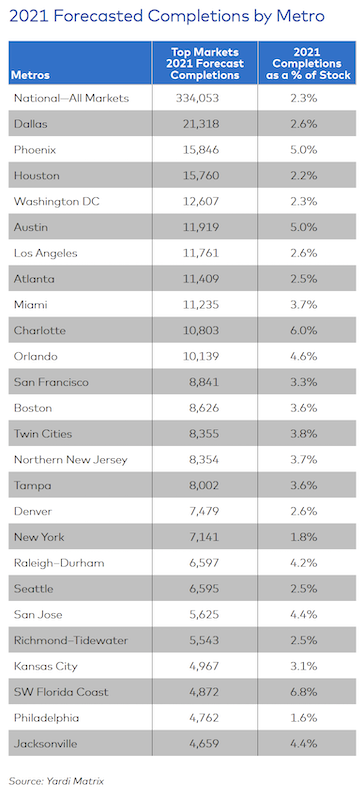
Yardi Matrix foresees Dallas leading the country in multifamily completions this year. Image: Yardi Matrix
SMALLER MARKETS, BIGGER DEMAND
Yardi Matrix looked at 136 markets, and found robust growth in tertiary metros like Northwest Arkansas (home to Walmart’s headquarters city of Bentonville) that led the list with 8.8% of its stock expected to be delivered this year from new construction. Next were Wilmington, N.C. (with 7% of its stock expected to be delivered), and the Southwest Florida Coast (6.8%). These metros had limited existing multifamily housing stock to begin with.
Measured by sheer units, Dallas is forecast to have the highest number of completions in 2021 (21,318 units), followed by Phoenix, Houston, Washington DC, Austin, L.A., Atlanta, and Miami. Yardi Matrix believes that while Dallas, Phoenix, and Houston should have little trouble absorbing new deliveries, “Washington DC might struggle,” because demand is lagging in part due to remote work requirements or preferences, and out-migration.
Material price hikes are the “wild card” in prognostications about apartment development, says Yardi Matrix. The extreme volatility of lumber prices over the past several months, coupled with increases in the cost of other building materials, could slow new starts and force developers “to choose between raising rents and reducing profit margins.”
RENTS RISING AT UNSUSTAINABLE RATES
Through the first six months of 2021, national asking rents rose 5.8%. Yardi Matrix estimates that year-over-year asking rent growth, as of June, stood at 6.3%, “well above the [country’s] pre-pandemic performance.” Rent inflation is even more pronounced in tech hubs and tertiary metros, and asking rent growth in the Southwest and Southeast has been at levels “not seen in decades.”
While this escalation for multifamily units probably isn’t sustainable, Yardi Matrix expects conditions for above-average rent growth to persist in many metros “for months.” The report points out that rents are driven by “buoyant” demand. In the 12 months through May, 378,000 multifamily units were absorbed nationwide. The top markets for absorption as a percentage of total inventories were Miami (8,500 units, or 2.7% of stock), Charlotte (4,500, 2.4%) and Orlando (4,900, 2.1%).
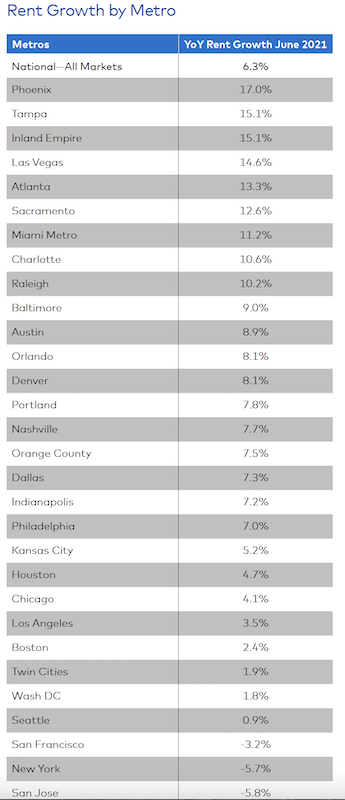
Through June of this year, rent growth in Phoenix was nearly three times the national average. And despite its year-to-year rent decline, New York bounced back in the first half of 2021. Image: Yardi Matrix
By units, Chicago topped the list with almost 7,800 multifamily units absorbed, or 2.2 % of the Windy City’s stock. And for all the talk about New Yorkers evacuating in droves during the pandemic, rents actually rose by 6% during the first half of this year, and more companies are now requiring employees to return to office work. Rent recoveries through the first half of 2021 were also in “full swing” in Chicago (up 6.5%), Miami (6.4%), Boston (5%), Los Angeles (4%) and D.C. (3.3%).
Yardi Matrix’s report offers an economic outlook that foresees a flat labor participation market, and questions about rising inflation. Economic volatility “is likely to continue” globally until markets get a handle on controlling their virus outbreaks. “However, that does not mean there won’t be strong economic growth in certain sectors and geographies in the short term,” the report states.
Related Stories
Multifamily Housing | Mar 22, 2021
Waldorf Astoria Miami will become the tallest tower south of Manhattan
The supertall tower will include a hotel and residences.
Multifamily Housing | Mar 18, 2021
Mixed-use residence for UCLA medical students completes
Lorcan O’Herlihy Architects designed the project.
Multifamily Housing | Mar 15, 2021
First phase of Presidium Waterford breaks ground in Austin, Texas
O’Brien Architects and Dwell Design Studio are designing the project.
Luxury Residential | Mar 10, 2021
Luxury multifamily development opens at the front door of Charlotte’s South End neighborhood
Broadstone Queen City recently opened its doors to its first residents.
Multifamily Housing | Mar 10, 2021
9 smart connectivity systems for multifamily housing communities
Smart connectivity systems are starting to become a must-have amenity in multifamily properties—and not just for upscale urban rentals.
Multifamily Housing | Mar 9, 2021
Investor demand for multifamily real estate remains relatively strong despite COVID-19
Despite a disruptive pandemic, investor demand for multifamily real estate was strong in 2020, according to a newly released Yardi Matrix Bulletin. Around 252,000 apartment units were absorbed last year. That’s about 1.7% of total market stock and down 12% from the 286,300 apartments purchased in 2019.
Multifamily Housing | Mar 7, 2021
Deadline extended for Cover Photo of the next issue of MULTIFAMILY Design+Construction
Request from Editori of Multifamily Design+Construction for photos showing project amenities, for next issue of the magazine.
Multifamily Housing | Mar 7, 2021
New Olympia i3 kitchen faucet: geometric lines, minimalist style
Announcing the new Olympia i3 single handle pull-down kitchen faucet for today's modern kitchen.
Market Data | Feb 24, 2021
2021 won’t be a growth year for construction spending, says latest JLL forecast
Predicts second-half improvement toward normalization next year.
Multifamily Housing | Feb 23, 2021
Rising costs push developers to consider modular construction
The mainstreaming of modular construction offers a cost-effective and creative solution to develop new types of urban developments.


